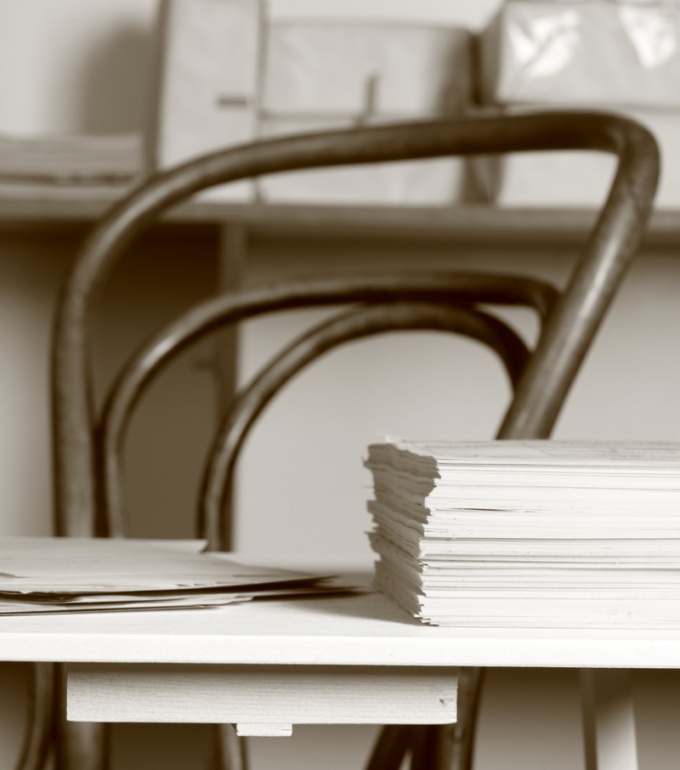Instruction
1
When analyzing the lyrical works need to feel the ideas of the author, his mood, to understand his point of view. You must submit a picture of the described events or feelings, to understand the meaning.
2
In the beginning of the analysis it is important to define the theme of the poem. It can be romantic, philosophical, political, description of nature, etc. In connection with the subject describes the plot of the lyrical works. It can be very short, not expanded as in prose. Sometimes the story is only a hint to the event, a figurative expression of it.
3
Next you need to specify the means of artistic expression, used by the author when creating the poem. Be sure to note the composition of the work: the number of stanzas, size, rhythm, rhyme.
4
Any poem expressive thanks to the trails. This speech patterns in which words acquire a figurative meaning. They are used to give richness to the poem, creating an artistic image (epithets, comparisons, allegory, irony, hyperbole, litotes, etc.). In addition to tropes should perform and other artistic means: stylistic figures, poetic phonetics, synonyms, homonyms, neologisms, etc.
5
When analyzing the poem it is important to understand the lyric hero, to describe his thoughts and feelings, the relationship with the author. It should be noted, identifies himself with the author or the hero opposes him, the author's attitude to his hero.
6
In addition, the analysis should describe your attitude to the reading, how close were you to the poem, how deeply it hurt your feelings. Importantly, do you share the author's attitude towards the events indicated in the product.
